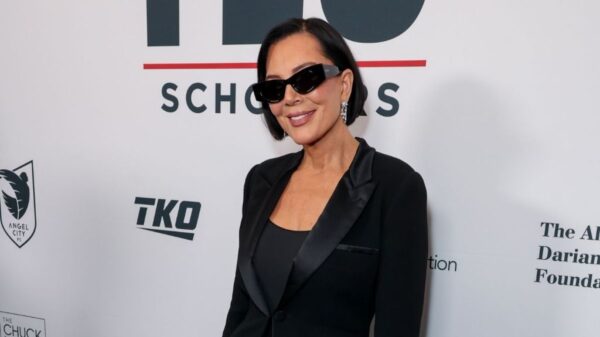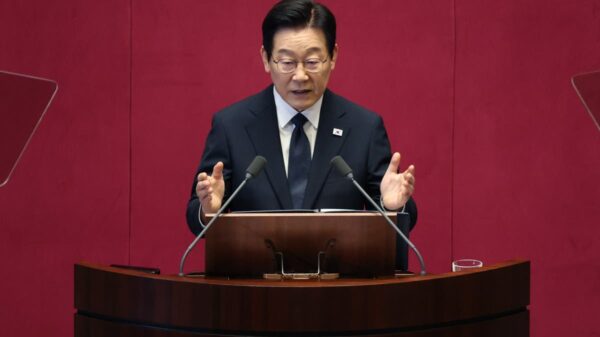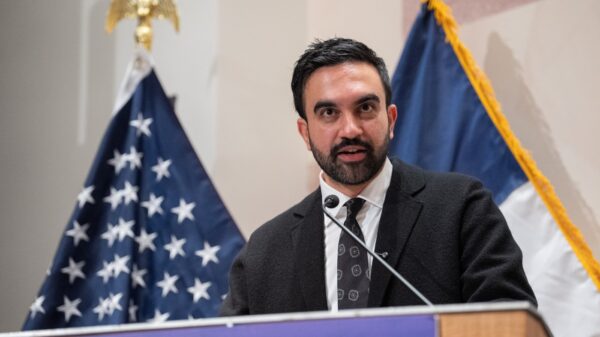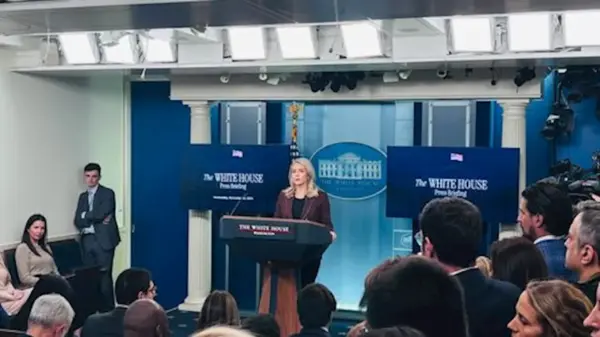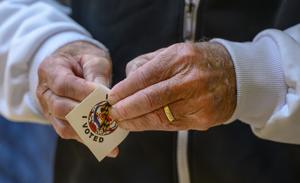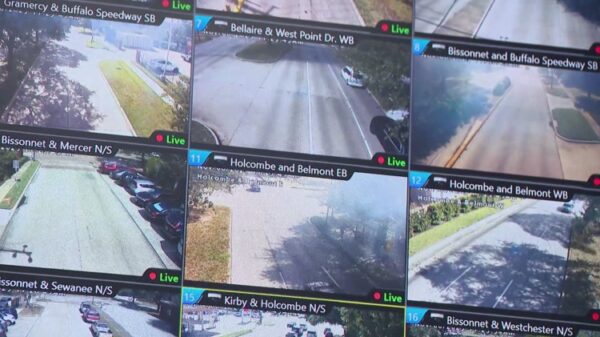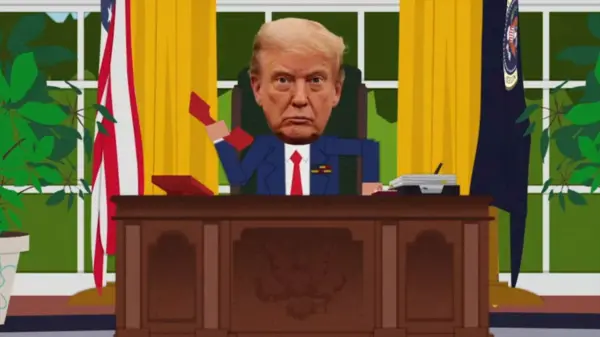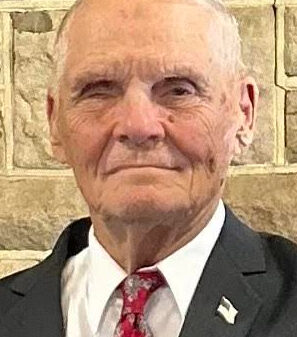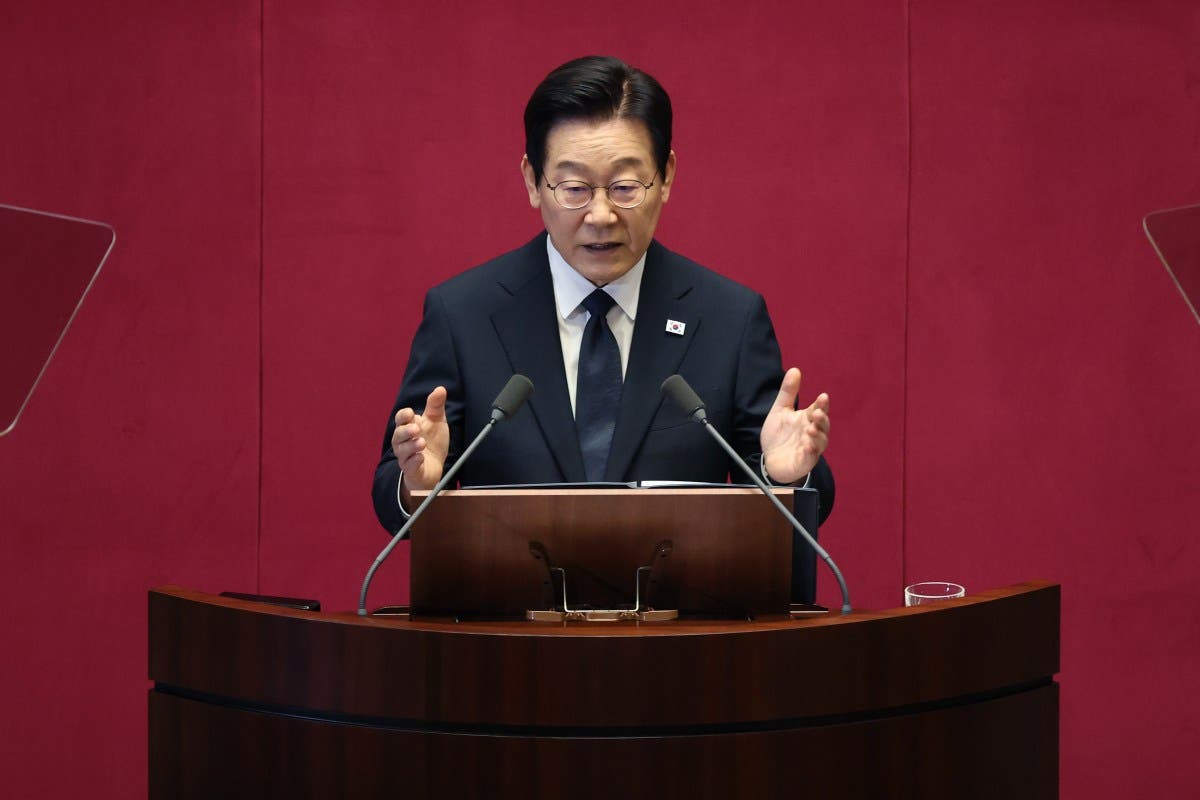President Lee Jae-myung of South Korea has instructed police to take a leading role in addressing hate speech on social media. He emphasized that such behavior transcends the limits of freedom of expression during a Cabinet meeting held on October 3, 2023. This directive comes amid growing anti-foreigner sentiment, particularly targeting Chinese nationals, as the nation prepares for the Asia-Pacific Economic Cooperation (APEC) summit in Busan.
Lee’s comments reflect escalating concerns over the increasing number of foreigners residing in South Korea, which hit a record 2.58 million last year, accounting for approximately 5 percent of the population. The recent protests organized by conservative groups underline the anxieties around rapid demographic changes in a country known for its historical homogeneity.
During the Cabinet meeting, Lee identified the prevalence of hate speech and disinformation as pressing issues, particularly on social media platforms. He characterized these acts as threats to democracy and public safety, stating, “Acts such as distorting or manipulating facts, spreading racial hatred or discrimination — the circulation of such false information is an act that threatens democracy.” He called for police to assume a “particularly important role” in curbing these behaviors.
In a notable exchange, Gender Equality Minister Won Min-kyung questioned whether the head of the National Human Rights Commission, Ahn Chang-ho, could face penalties for hate speech. Lee affirmed that all senior officials would be held to the same standards as other public officials regarding hate speech.
Additionally, Lee endorsed a proposal by Choi Dong-suk, the Minister of Personnel Management, to enable the immediate dismissal of civil servants found guilty of engaging in hate speech. He urged for the swift adoption of this rule, which aligns with efforts to create a more inclusive environment.
The response from the international community has been significant. Dai Bing, the Chinese ambassador to South Korea, spoke at a forum in Seoul, condemning far-right factions in Korea for spreading disinformation about China. He expressed concern that such actions not only harm bilateral relations but also damage South Korea’s national image.
Looking ahead, South Korea and Japan remain the only countries among the Organization for Economic Co-operation and Development (OECD) without comprehensive anti-discrimination laws. During the meeting, Lee expressed support for Justice Minister Jung Sung-ho’s initiative to stimulate parliamentary discussions on legislation that mirrors existing laws in Japan and Europe.
Lee also advocated for the abolition of a clause in the criminal defamation law that punishes factual statements, asserting that such disputes should be addressed in civil courts. This move could pave the way for a more robust legal framework addressing hate speech and discrimination.
As the nation navigates these complex issues, the government’s commitment to tackling hate speech will be critical in shaping a more harmonious society. The actions taken by President Lee and his administration may serve as a significant turning point in South Korea’s approach to protecting vulnerable communities while balancing freedom of expression.




